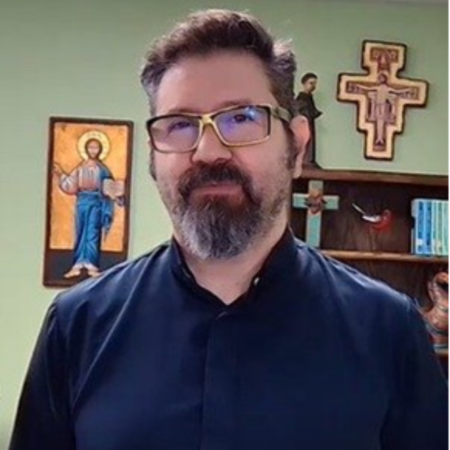Out of the living voice of Jesus, we hear parables.
Listening to them is like listening to the murmur of the spring, the initial, fresh, springing moment of the Gospel. The parables are not an afterthought or an exception but the highest, most brilliant, refined tip of Jesus’ language.
He loved the lake, the wheat fields, the expanse of ears of corn and poppies, the sparrows in flight, and the fig tree.
Through his observations of life, he created parables that helped people understand the Gospel. He transformed stories of life into stories of God, revealing that “in everything is sown a syllable of the Word of God.” (Laudato Si’).
The sower went out to sow. Jesus imagines history, creation, and the kingdom as a great sowing: it is all a sowing, a flying of wheat in the wind, the earth, and the heart.
And here, the sower, who may seem clueless because some of the seed falls on stones and brambles and road, is a highly sensitive sower who embraces the imperfection of the world’s field. No one is discriminated against, and no one is excluded from the divine sowing. We are all dry, thorny, wounded, and dull, yet our imperfect humanity is also a clod of good soil, always fit to give life to God’s seeds.
Jesus tells of the beauty of a God who comes not as the reaper of our few harvests but as the tireless grower amid our pains and barrenness, and He will make my life good, essential soil, a cradle of divine blessings to come.

